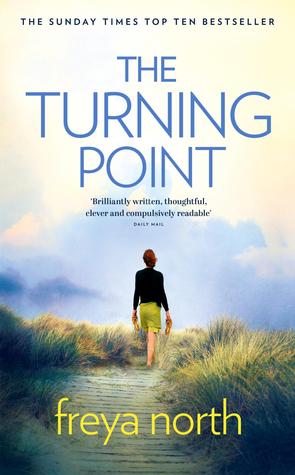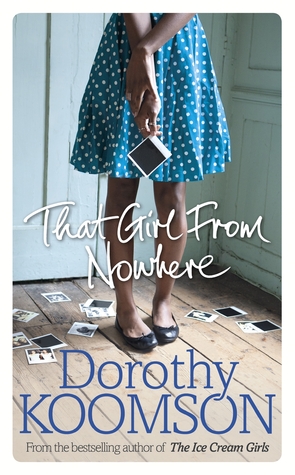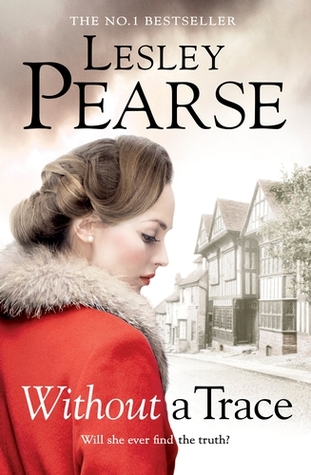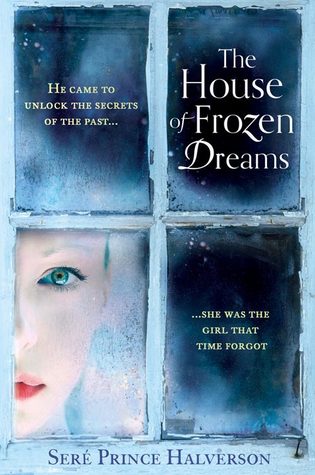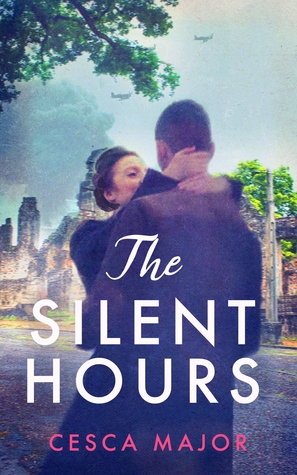A delicious new series from Bastei Entertainment
Published twice weekly from 15th June 2015, price £1.49 per eBook
Book 1 : Taste Test
About the book
Mia Maxwell loves food. She loves it so much that she’s made it her career.
Mia Maxwell loves food. She loves it so much that she’s made it her career.
Everything in Mia’s life appears
to be perfect. By day, she runs a food PR consultancy and by night she’s a busy
food blogger, delving into new recipes and sharing delicious meals she’s
enjoyed. Her boyfriend Paul is always whisking her away on fantastic holidays
around the globe, helping her forget his daily comments about her weight and
his businesslike approach to their life together. After all, no relationship is
perfect, is it?
When Mia’s work takes her down to
the countryside of Cornwall to manage a local food festival run by the kindly
Lord Trelawney, she takes an instant dislike to his grumpy son Tom, who makes
his aversion to ‘pushy Londoners’ very clear. But as the festival gets
underway, Mia is surprised to find that he shares her passion for food and
cooking. As her time in Cornwall turns out to be far more eventful than she
could have imagined, Mia has no idea that her whole life is about to be cast
adrift…
**As part of this delicious blog tour I can share with you**
Aunt Agatha's Cornish Fish Pie
My mum taught me the potato pastry but I think she got it from a cookbook originally, I’m just not sure which one. Do I need to find out?? I just make up the base depending on what fish and vegetables I have but obviously I have read lots of recipes for fish pie, including Hugh Fearnley-Whittingstall and Rick Stein.
300g of floury potatoes
250g of butter
250g of flour
A generous teaspoon of nutmeg
A good pinch of salt
Lots of ground black pepper
A dollop of clotted or double cream or Greek or Turkish yoghurt.
For the filling
A kilo of mixed fresh fish in season.
I like Haddock, Pollock, Salmon, Bream and Mackerel.
Chopped Squid can be good to add in too and seafood, mussels, cockles and crab, just see what your fishmonger has fresh.
3-4 red onions (depending on size)
4 cloves of garlic, chopped small or crushed
100 g of fresh tarragon, or a good bunch to your taste if you’re picking it from your garden or balcony.
3 grated carrots
A teaspoon of turmeric
A good shake of cumin seeds
A good shake of sweet paprika
A good squeeze of tomato puree - from a tube, about half the tube.
2 teaspoons of nutmeg
250 g of peas, frozen or fresh
1 fennel bulb including the fronds
2 large leeks, finely chopped
A good shake of seaweed, chopped nori works well
Rock salt / sea salt
Pepper
Fish stock
Clotted Cream or Double cream or 10% Greek or Turkish yoghurt depending on how sour you like the taste to be.
1 lemon squeezed.
Flat leafed parsley if you want it.
Thyme or Lemon thyme if you have it.
You can alter all the ingredients depending on how many you’re making this for, I just chop and add as I feel. What you’re aiming for is a lovely creamy sauce with lots of fresh fish cooked down and then topped with a golden potato pastry crust.
First you need to get the potatoes boiling for the pastry topping. Scrub and chop the potatoes up, if you don’t want to weigh them I take about 5 or 6 potatoes. Boil them in a pan of salted water.
Then, chop and fry the onions and garlic, add in the grated carrot and the leeks and fennel and soften in butter or coconut oil and cook with the salt and pepper. Sprinkle in the Nori or seaweed to taste, the turmeric sweet paprika, the nutmeg and the tomato puree. When that has cooked down, add in the cumin seeds and then add in the fish and cook it gently on a medium heat, squeezing over the lemon juice and then adding in the fish stock gradually as everything is cooking to make sure nothing dries out. Whilst you leave that gently simmering, put on the oven and heat it to about 200 degrees or medium hot on a fan or top baking setting if you have one.
Then prepare the pastry by cutting in the butter with the flour and salt and nutmeg until you have made fine breadcrumbs. Keep checking the fish base that it’s cooking gently and not drying out.
By the time you have made the pastry the potatoes should be done. Drain them and then add in a pinch of salt, the dollop of clotted or double cream or thick yoghurt and the nutmeg and pepper and mash or pass through a potato ricer so the potato is really smooth. Add that to the flour and butter that is in crumbs and combine until the whole is a fluffy pastry. If you have the quantities right, you should be able to roll out a thick crust although it will be harder to handle than normal pastry. If it’s really falling apart, add in a little more flour and keep mixing until it binds together. Leave to sit a bit in the fridge or on the side.
Meanwhile add the chopped tarragon and dried if you need it and clotted or double cream or thick yoghurt into the fish mixture and stir until it looks thick and creamy. Pour the lot in to a big pie dish, maybe around 30 cm long by about 20cm wide. Try and roll out the pastry and then place it on top, make a couple of cuts in the top of the pastry and if you want, fashion a little shape like a star or little fishes for the centre of the pie. If you really can’t roll out the pastry then dollop it on top as though it is normal mashed potato and make sure it completely covers the fish mixture underneath. It will still crisp up in the oven. Put the pie in the now hot oven for about 35-40 minutes or until the pastry is nicely golden brown and crisp.
This is a messy dish so serve with a deep serving spoon to make sure you get all the creamy filling as well as a good helping of potato pastry topping.
You can serve with green beans, broccoli or just on its own.
About the Author
Emma Hamilton is the pen name for a food-loving journalist
and writer. Once a staff producer and then freelance reporter for the BBC, CBC,
and Deutsche Welle, she has also written for a number of magazines and
newspapers, including The Guardian, BBC Magazines, The Mail on Sunday, Four
Four Two and Italy Magazine. She has worked on a number of series and
documentaries, including one about food and culture around the world. Emma
spent six years reporting from Italy and has made radio programmes in many countries
including Lebanon, Ethiopia, the USA, France, Germany, Russia, and Cameroon.
When she’s not cooking, reading about food or eating it, she splits her time
between presenting, producing and writing. She loves yoga, running, gardening
and spending time with her husband, friends and family at home.
My Thoughts:
Taste Test is the first episode in an eight part serialisation of the Greedy Girls novellas and gives a tantalising taster of food, love and zesty adventure. We are introduced to Mia, a food blogger of Greedily Yours, whose four year on/off relationship with her boyfriend, Paul, forms part of the novella. But it is with her friend, Lizzie , who runs a cup cake cafe, where the fun lies.
A quick read at 79 pages, Taste Test is the perfect accompaniment to a lunch break in the park. Easily loaded onto your kindle, this lovely story is less than the price of meal deal and so much better for your waistline. The pages fly by, and by the cliff hanger ending, I was more than eager to start book Two...enticingly named ,Salty Tales...!
At the end of this novella are a series of delicious recipes of which Aunt Agatha's Fish Pie is one such scrumptious treat.
Bon Appetit !!
**Enter this Delicious Giveaway **
to win an e-copy of
Greedily Yours Episode 1 : Taste Test.
My thanks to Hayley at ED Public Relations for my invitation to join this lovely blog tour today.
a Rafflecopter giveaway
to win an e-copy of
Greedily Yours Episode 1 : Taste Test.
My thanks to Hayley at ED Public Relations for my invitation to join this lovely blog tour today.
a Rafflecopter giveaway



